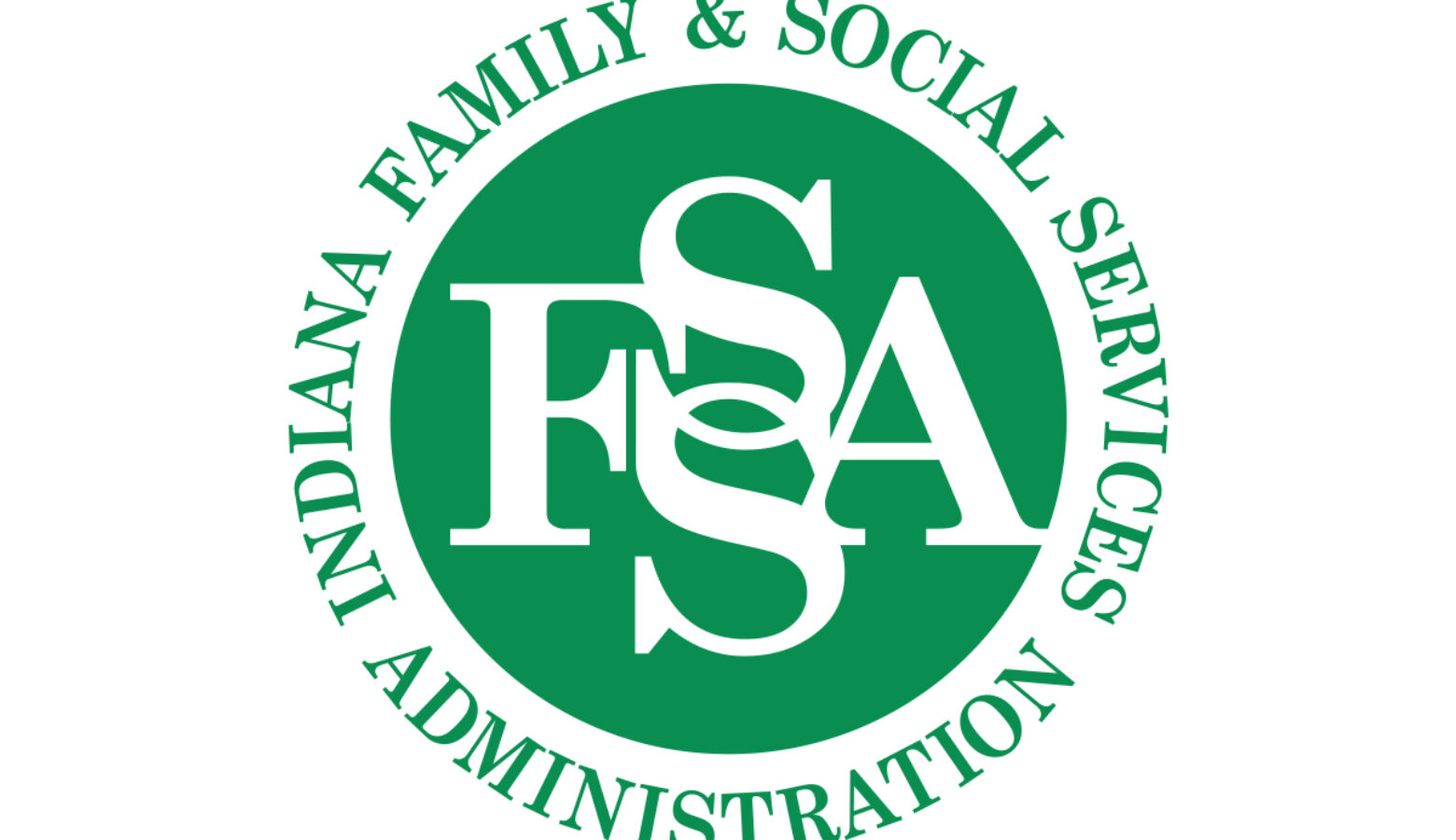FSSA: More than 1,600 children with disabilities affected by proposed attendant care cut

More than 1,600 children with disabilities would be effected by the state’s proposal to change how their caregivers are compensated through Medicaid. The Indiana Family and Social Services Administration said the growth of the program is unsustainable.
The proposed cut is a result of the $1 billion Medicaid shortfall announced last December. Legally responsible individuals — often the parent, spouse or legal guardian — can be paid an hourly rate under the attendant care program. Providers train and then pay LRIs a portion of what FSSA paid them.
Indiana Medicaid Director Cora Steinmetz said FSSA is shifting from this program to Structured Family Caregiving, which pays per day rather than hourly.
“We are taking steps to come up with a more fiscally sustainable solution that still supports individuals and their levels of need, but in a way that reduces the current rate of growth,” Steinmetz said.
Join the conversation and sign up for the Indiana Two-Way. Text “Indiana” to 765-275-1120. Your comments and questions in response to our weekly text help us find the answers you need on statewide issues, including our project Civically, Indiana and our 2024 legislative bill tracker.
Steinmetz said families reported receiving about $15 an hour — less than half of what the agency pays providers.
“We at FSSA don’t have the transparency, or we don’t receive the data, around how much the caregiver receives in reimbursement,” Steinmetz said.
Policymakers have called for a pause on changes to the program, and families of medically complex children say the Structured Family Caregiving program doesn’t provide enough financial support.
Steinmetz said the agency is also developing a process to improve financial reporting.
Abigail is our health reporter. Contact them at aruhman@wboi.org.
